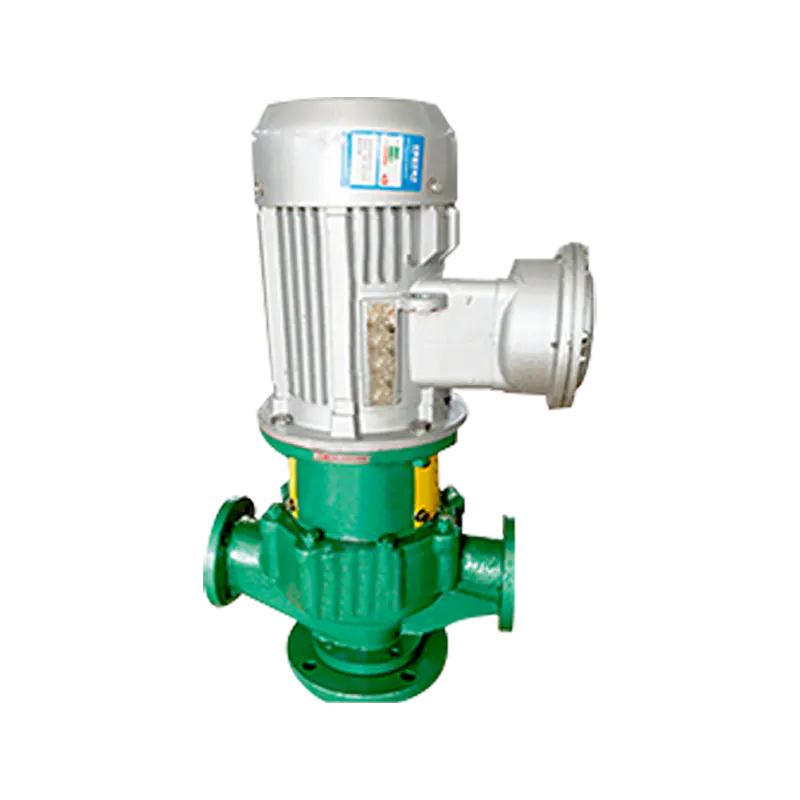The cast iron centrifugal pump is a fundamental piece of equipment in countless industrial processes. Valued for its durability, cost-effectiveness, and reliable performance, it plays a vital role across a wide range of applications.
Agriculture and Water Management
In agriculture, the cast iron pump is essential for irrigation systems. It efficiently draws large volumes of water from rivers, lakes, or wells to provide a stable water supply for crops. In water treatment, these pumps are used in both municipal and industrial wastewater facilities. They can handle untreated sewage, treated water, and mixtures with small amounts of solids. Their corrosion and abrasion resistance enable them to withstand challenging water conditions, ensuring system stability.
Industrial Fluid Transfer
In industrial production, the cast iron centrifugal pump is an integral part of many process flows. They are commonly used for transferring water, oils, chemicals, and other low-viscosity fluids. Key applications include:
-
HVAC Systems: In large building heating and cooling systems, these pumps circulate hot or cold water to maintain a stable indoor temperature. Their reliable performance and low maintenance costs make them an ideal choice.
-
Cooling Towers and Heat Exchangers: In industrial facilities like power plants, refineries, and chemical plants, a cast iron impeller pump circulates cooling water to remove excess heat and keep equipment operating at safe temperatures.
-
Fire Suppression Systems: With their high head and flow rate capabilities, these pumps are often used as fire pumps to deliver a powerful stream of water for extinguishing fires in buildings.
-
Water Supply and Drainage: From pressurizing water in municipal water treatment plants to draining rainwater from basements, these pumps perform their tasks efficiently. Their robust construction allows them to withstand the rigors of continuous operation.
Mining and Construction
In the mining and construction sectors, heavy-duty cast iron pumps are used to handle liquids containing some sediment and gravel. While not suitable for highly abrasive slurries, they excel at moving clean water or wastewater with a small number of solid particles. For example, they are used for dewatering mines, tunnels, and construction site trenches, which helps ensure safety and keeps projects on schedule.

Food and Beverage Industry
Although many critical processes in the food and beverage industry require stainless steel pumps for hygiene, cast iron pumps are a cost-effective option for auxiliary functions. These can include circulating cooling water or handling water in certain non-contact portions of Clean-in-Place (CIP) systems.
Why Choose a Cast Iron Centrifugal Pump?
The widespread popularity of these pumps is due to several key advantages:
-
Durability: Cast iron provides exceptional strength and rigidity, resisting external impacts and vibrations to ensure long-term, stable operation.
-
Cost-Effectiveness: Compared to pumps made from stainless steel or other special alloys, the manufacturing cost of a cast iron centrifugal pump is lower, making it an attractive choice for budget-conscious projects.
-
Ease of Maintenance: Their simple design makes maintenance and repairs relatively straightforward, which helps reduce operational costs.
-
Versatility: By changing the impeller and seals, the same pump can be adapted for a variety of different applications.
In conclusion, the cast iron centrifugal pump has become an indispensable part of modern industry thanks to its durability, cost-effectiveness, and broad applicability. Whether for agricultural irrigation, industrial fluid transfer, or municipal water treatment, the cast iron pump provides reliable and efficient power. It is more than just a piece of machinery; it is a foundational component that ensures the smooth operation of critical infrastructure and production processes.

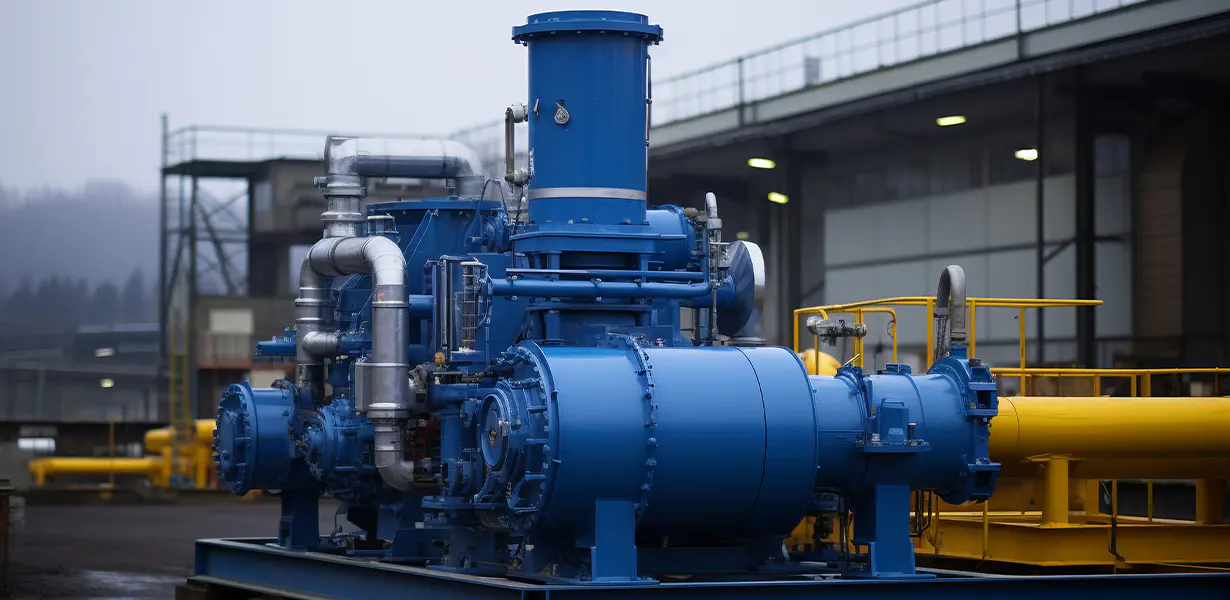
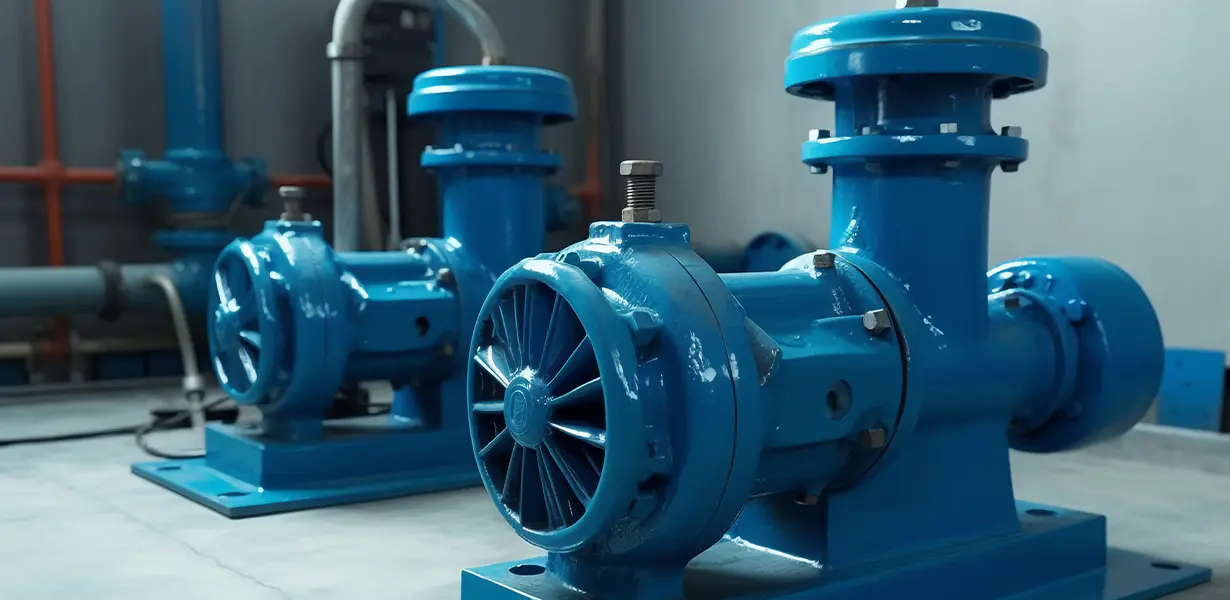
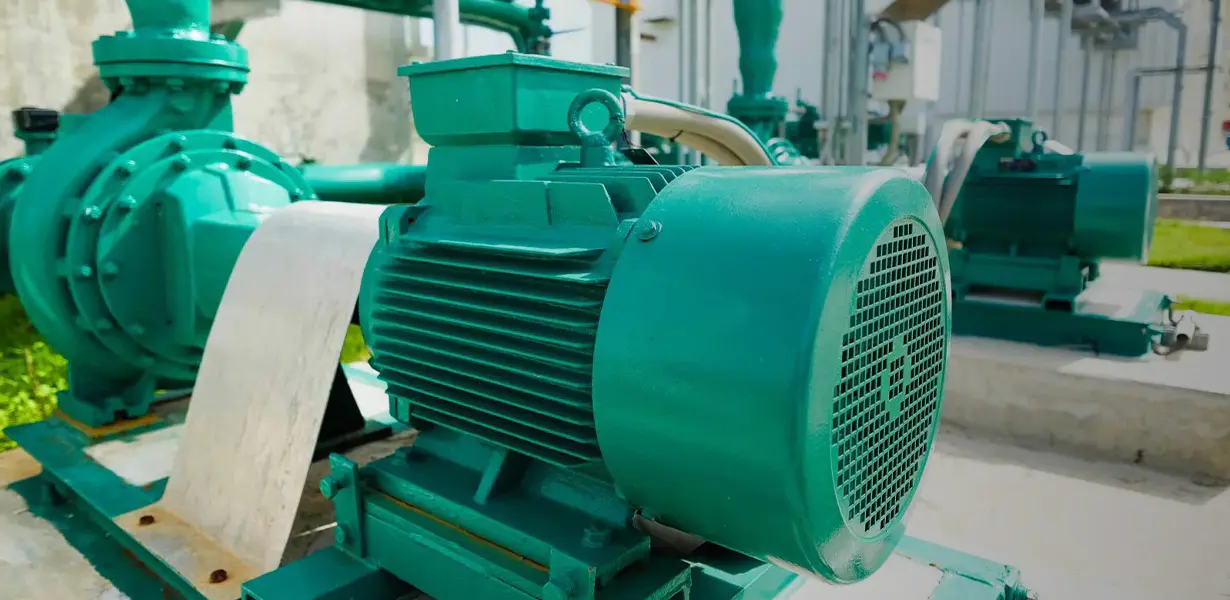
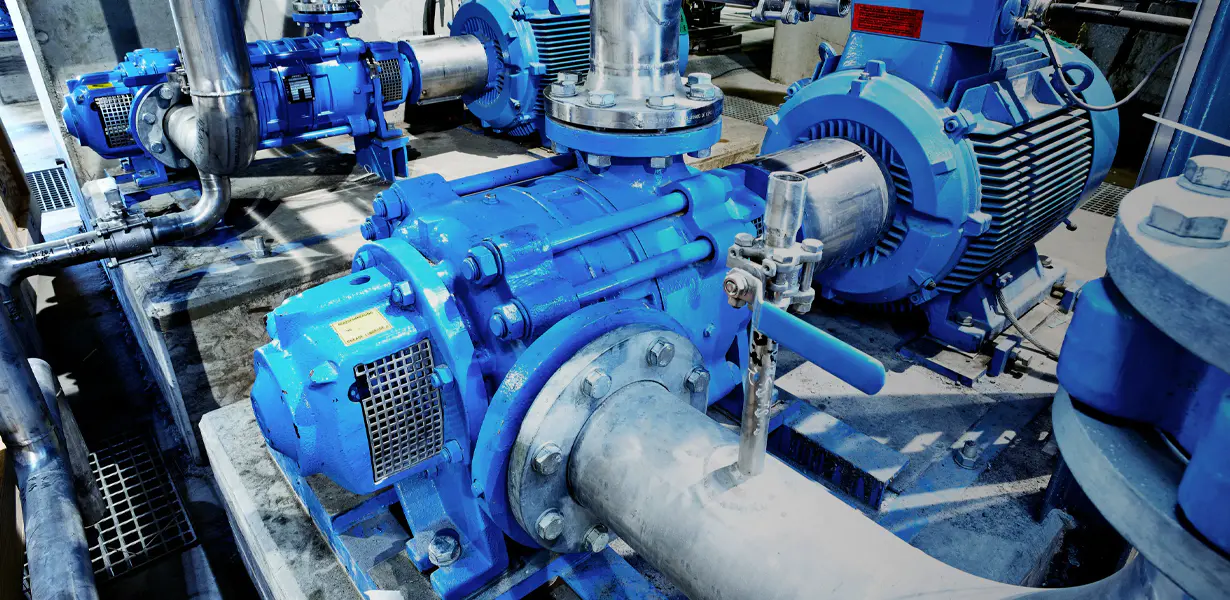
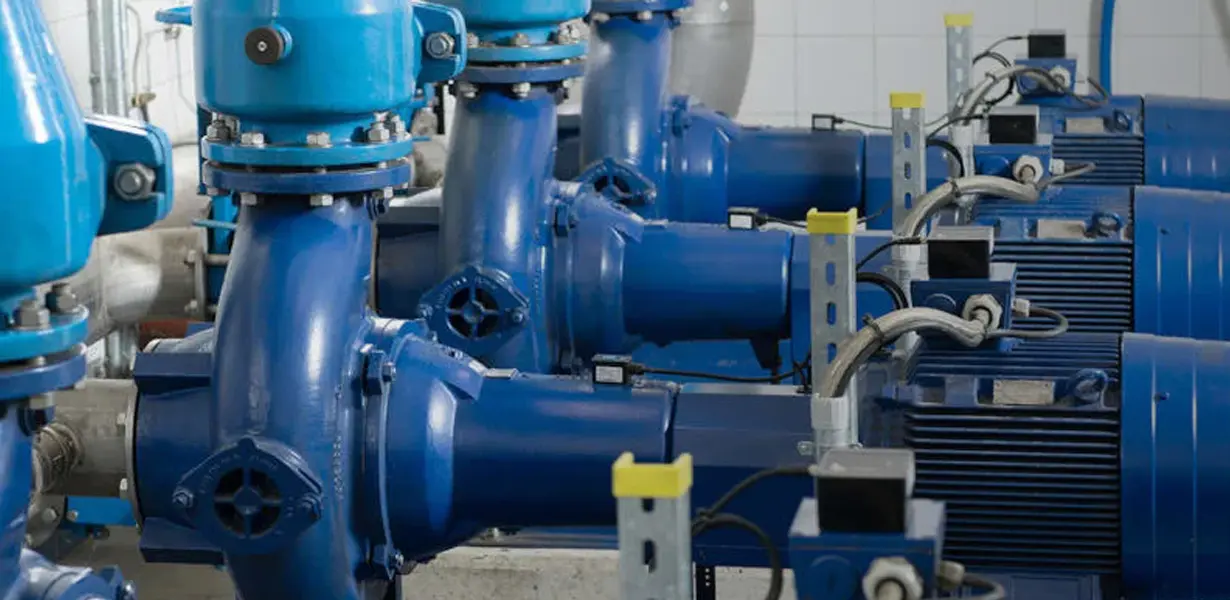


 English
English русский
русский Español
Español Français
Français








